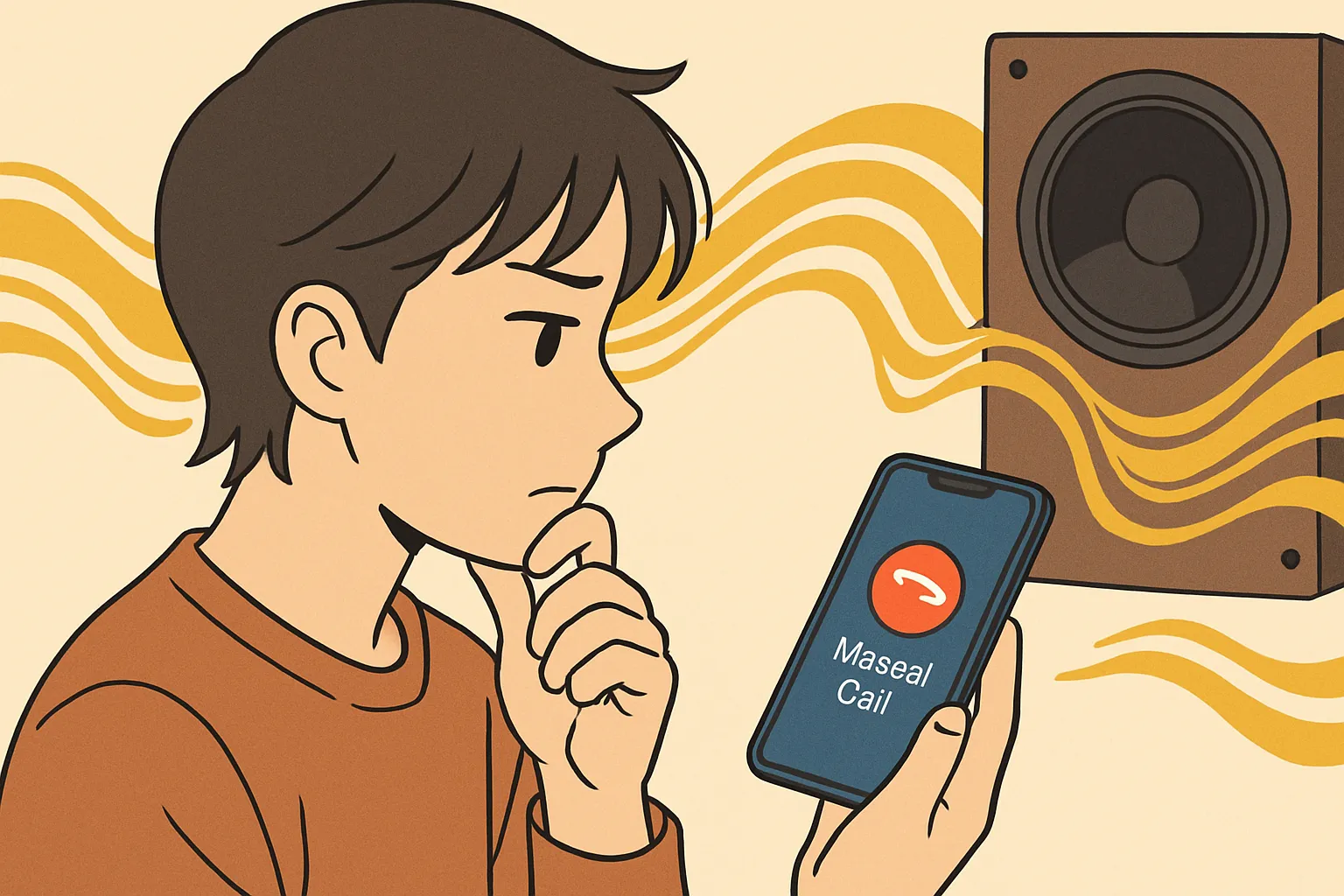Hello! This is [Daily Hangul], here to upgrade your Korean skills!
Imagine this: It’s a hot, humid day in Seoul, and suddenly… your air conditioner stops working! Oh no! What do you do? Today, we’re going to learn the essential Korean phrases you need to call for help and get things fixed. This is super useful for any appliance, from your phone to your washing machine.
Lately in Korea, we’ve had a sudden heatwave, and it feels like everyone’s air conditioner is breaking down at the same time! Repair centers are incredibly busy. So, knowing exactly what to say on the phone is a real lifesaver. Let’s learn how to become a home repair hero!
Core Expressions You MUST Know
Here are the key phrases to get you through any repair emergency.
- 1. 고장 났어요 (Go-jang nass-eo-yo)
- Pronunciation [Romanized]: Go-jang nass-eo-yo
- English Meaning: It’s broken. / It’s out of order.
- Detailed Explanation: This is your magic phrase for almost any machine that isn’t working. It comes from the verb
고장 나다(gojang nada), which means ‘to break down’. It’s a polite and very common expression. You can put the name of the object in front of it.- 에어컨이 고장 났어요. (e-eo-keon-i go-jang nass-eo-yo) = The air conditioner is broken.
- 컴퓨터가 고장 났어요. (keom-pyu-teo-ga go-jang nass-eo-yo) = The computer is broken.
- 2. 수리 기사님 좀 보내주세요 (Su-ri gi-sa-nim jom bo-nae-ju-se-yo)
- Pronunciation [Romanized]: Su-ri gi-sa-nim jom bo-nae-ju-se-yo
- English Meaning: Please send a repair person/technician.
- Detailed Explanation: Let’s break this down!
수리(suri) means ‘repair’.기사님(gisanim) means ‘technician’. The-님(nim) suffix is very important—it’s a polite way to address service professionals.좀(jom) is a softener word, like adding ‘a little’ or just making the request sound nicer.보내주세요(bonaejuseyo) means ‘please send’. It’s based on the super useful grammar~아/어 주세요(please do ~ for me).
- 3. 언제가 가장 빨라요? (Eon-je-ga ga-jang ppal-la-yo?)
- Pronunciation [Romanized]: Eon-je-ga ga-jang ppal-la-yo?
- English Meaning: When is the soonest? / What’s the earliest possible time?
- Detailed Explanation: When you need a fast repair, this is the question to ask.
언제(eonje) means ‘when’,가장(gajang) means ‘the most’, and빨라요(ppallayo) means ‘fast’ or ‘early’. You are literally asking, “When is the most fast?” It’s a very natural and common way to ask for the earliest appointment.
Example Dialogue: Saving the Day!
Let’s see how these phrases work in a real phone call. A is you (the learner), and B is the repair center staff.
A: 여보세요? 삼성 서비스 센터 맞아요?
(Yeoboseyo? Samsung seobiseu senteo majayo?)
Hello? Is this the Samsung Service Center?
B: 네, 맞습니다. 무엇을 도와드릴까요?
(Ne, matseumnida. Mueoseul dowadeurilkkayo?)
Yes, it is. How may I help you?
A: 안녕하세요. 집에 있는 에어컨이 고장 났어요. 찬 바람이 안 나와요.
(Annyeonghaseyo. Jibe inneun e-eo-keon-i go-jang nass-eo-yo. Chan baram-i an nawayo.)
Hello. The air conditioner at my house is broken. Cold air isn’t coming out.
B: 아, 그러시군요. 주소가 어떻게 되세요?
(A, geureosigunyo. Jusoga eotteoke doeseyo?)
Ah, I see. What is your address?
A: [Your Address]. 수리 기사님 좀 보내주세요.
([Your Address]. Su-ri gi-sa-nim jom bo-nae-ju-se-yo.)
[Your Address]. Please send a repair person.
B: 네, 알겠습니다. 요즘 예약이 많아서요…
(Ne, algesseumnida. Yojeum yeyag-i manaseoyo…)
Okay, I understand. We have many appointments these days…
A: 정말 더워서요. 언제가 가장 빨라요?
(Jeongmal deowoseoyo. Eon-je-ga ga-jang ppal-la-yo?)
It’s really hot. When is the soonest?
B: 내일 오후 2시 괜찮으세요?
(Nae-il ohu du-si gwaenchan-euseyo?)
Is 2 PM tomorrow okay for you?
A: 네, 좋아요! 감사합니다!
(Ne, joayo! Gamsahamnida!)
Yes, that’s great! Thank you!
Culture Tip & Trend Deep Dive
- The Power of 님 (nim): In Korea, showing respect to service professionals is very important. Always add
-님(nim) to job titles like기사님(gisanim – technician) or선생님(seonsaengnim – teacher). Using it will make you sound polite and much more like a native speaker! -
빨리빨리 (Ppalli-Ppalli) Culture: When you ask, “언제가 가장 빨라요?” you’re tapping into Korea’s famous “ppalli-ppalli” (hurry, hurry) culture. Koreans value speed and efficiency, especially in customer service. Don’t be shy about asking for the soonest appointment—it’s completely normal and expected!
-
Modern Korean Service: These days, after you make a repair appointment over the phone, you’ll almost always get a confirmation text message (or a notification in an app) with the technician’s name and visit time. It’s super efficient!
Let’s Practice!
Great job today! You’ve learned how to handle a common household problem in Korean. Now it’s time to check your skills.
- Fill in the blanks: Your laptop isn’t working! How would you say, “My computer is broken”?
컴퓨터가 (________________).
- Make a sentence: You need a technician to come to your house. How do you ask the service center to send one?
(______________________________).
You are now ready to tackle any repair challenge!
Why not try using one of today’s phrases in the comments below? You could write, “제 핸드폰이 고장 났어요!” (My phone is broken!). Keep practicing, and you’ll be speaking like a pro in no time






